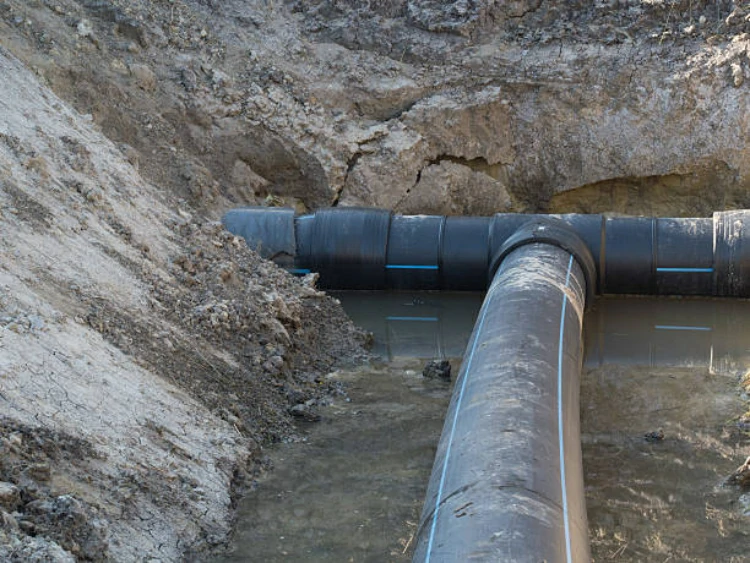Understanding the Chemical Stability of PE Fittings
Introduction to PE Fittings
PE fittings, commonly known as Polyethylene fittings, are integral components in various piping systems due to their exceptional chemical stability. These fittings play a crucial role in applications such as water supply, irrigation, gas distribution, and industrial processes, where exposure to a wide range of chemicals is prevalent.
Factors Influencing Chemical Stability
Material Composition
PE fitting are typically manufactured from high-density polyethylene (HDPE) or low-density polyethylene (LDPE), both of which exhibit excellent chemical stability. The molecular structure of polyethylene, composed of carbon and hydrogen atoms, forms strong covalent bonds that resist chemical reactions, ensuring the integrity and performance of PE fittings in corrosive environments.
Resistance to Chemicals
PE fittings demonstrate outstanding resistance to various chemicals, including acids, bases, solvents, and oxidizing agents. Whether in contact with acidic solutions, alkaline substances, or harsh industrial chemicals, PE fitting maintain their structural integrity and dimensional stability, minimizing the risk of degradation or failure.
Benefits of Chemical Stability in PE Fittings
Long-Term Durability
The chemical stability of PE fitting contributes to their long-term durability and reliability in piping systems. Unlike metal fittings, which may corrode or react with chemicals, PE fittings remain unaffected by corrosive substances, ensuring prolonged service life and minimal maintenance requirements.
Versatility in Applications
The chemical stability of PE fittings enables their use in a wide range of applications across various industries. Whether in water treatment plants, chemical processing facilities, or pharmaceutical manufacturing, PE fitting provide reliable performance and compatibility with different types of chemicals, ensuring versatility and flexibility in diverse environments.
Maintenance and Care of PE Fittings
Routine Inspection
Regular inspection of PE fitting is essential to identify any signs of chemical degradation or damage early. Visual inspections can help detect surface changes, discoloration, or swelling that may indicate exposure to corrosive chemicals, allowing for prompt intervention and preventive maintenance measures.
Compatibility Testing
Before installing PE fittings with specific chemicals, conduct compatibility testing to ensure they withstand exposure without adverse effects. This testing helps mitigate risks like chemical reactions, leaks, or failures in the piping system.
Conclusion
In conclusion, the chemical stability of PE fitting is crucial for their reliability, longevity, and performance in piping systems. With inherent resistance to chemical degradation, PE fitting offer durability, versatility, and low maintenance. Understanding factors influencing chemical stability and implementing proper maintenance maximizes PE fittings’ lifespan and efficiency, reducing costs and ensuring operational reliability.
IFAN is a Chinese manufacturer of plastic pipes, fittings and valves with 30 years of experience. If you are interested in IFAN copper fittings, copper valves, plastic pipes and fittings, please contact us. IFAN offers you a variety of standard pipes to meet your specific needs. Click below to learn more about IFAN’s wide range of affordable and cost-effective valve products and piping system related products.
We will reply your email or fax within 24 hours.
You can call us at any time if there is any question on our production.
For more information,pls visit our webside https://ifanpro.com/
Pls Mailto: [email protected]
Whatsapp: + 86 19857948982














Recent Comments